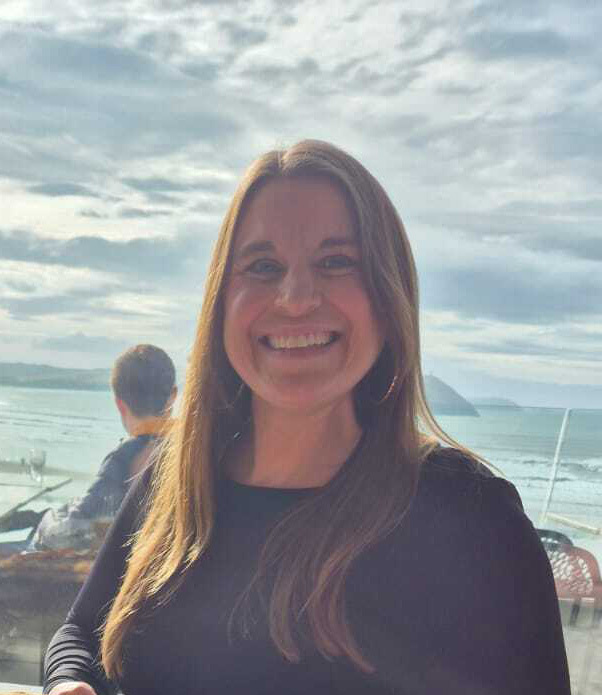It’s been a little over a year since David Ferguson took over the helm as CEO of Seccl. We sat down with him to get his take on the highs (and lows!) of the last twelve months, explore his thoughts on the future of the investment technology market – and the opportunity ahead for Seccl…
First of all, what are the big developments of the last 12 months that you’re most proud of?
I’d probably say three things, one each on product, growth and people. On the product side, we’ve made massive inroads in our functionality, improved our security posture and got ourselves to a point where we expect to be delivering ten meaningful developments per day by the end of the next financial year. We think this will put us lightyears ahead of our competitors in the speed and predictability of our delivery.
From a growth perspective, we’re finding ourselves winning and getting to the later stages with some incredible firms – many of which wouldn’t have considered us 12 months ago. I think we’ve developed a lot more substance as an organisation and that’s helped a lot.
Getting GoHenry from a chance conversation to launch, and then migrating 35,000 customers – all within about 12 weeks – felt like a real milestone moment for the firm.
Finally, we’ve been through some massive changes on the people side and have an outstanding team who are well set to do something amazing together.
What were you expecting coming into the role – and how does reality compare?
I can’t really remember, in a precise sense, what I was expecting. But I do remember wondering what on earth I should do when I first walked into the office! But Ruth, Dave and Hugo painted a very accurate picture of where we were at as a company, so there haven’t been any negative surprises…
How does the challenge of growing an existing business compare to that of founding and leading one from the off?
I found this especially difficult. With a pure start up it’s easy as there’s nothing to unpick, everything is there to be built. It was much harder here to step through some of the bits that were partly positive but partly not quite right – and to try and make changes without losing the positive bits, or the essence of what got you excited in the first place.
Time will tell how well we’ve done that, but it definitely felt like I was making changes to someone else’s house for a while, which I found a bit awkward!
On the plus side, though, some of the team were massive standouts in helping me understand what we had here and what felt most important to address. I’ll be forever grateful to that group.
If you could turn back time, what bit of advice would you give to the Dave Ferguson of April 2022?
I was quite big on encouraging extreme transparency, but it still took a bit longer than I’d have liked for us to get absolutely everything out into the open. I think my advice would be to find a mechanism to do that more quickly and safely, on the basis that the more we know about what’s not working as well as it could, the more quickly we can put it right. The business has so much right and has such incredible potential, it would be kind of nuts if we came up short because we missed a stupid problem.
Has your view of the platform market – and the opportunity for Seccl – changed over the last year?
The more I’ve learnt about what we do here and how we can scale that, the more I think the existing market is facing an existential crisis.
It seems to have become run much more for shareholders than for clients, and when you run everything from a spreadsheet it’s easy to miss the drip, drip, drip of decline.
There have been some crazy deals made on the promise of future growth that’s simply not coming through and it’s going to be really interesting to see how owners respond to that, especially when costs are rising and pricing seems set to fall more quickly than had maybe been envisaged.
All of this really plays to our opportunity to help reshape the market around truly digital technology, new business models and redefined economics. Many of the incumbents are suffering from poor procurement and vendor management, which is creating challenges around cost and innovation – I really think we can leapfrog much of this and set the tone for the next decade or two.
What most excites you about the year to come?
The market is screaming out for something better and I think Seccl can be that.
We seem to be the only firm in our space that’s set up to make the concept of the embedded platform a reality.
Seccl is natively (and genuinely) digital all the way through – creating totally new levels of efficiency and dramatically lowering the cost of launching, operating and scaling an investment platform.
And our ease of integration – whether through our own user interfaces or via our API – means that we can be fully agnostic in the types of proposition we support. Whether we sit behind a fintech, a digital bank, a wealthtech or the various businesses that make up the advice and wealth management sector, we can get firms live incredibly quickly at almost no cost, while allowing them to build whatever client proposition they wish.
Just as Stripe made payments accessible on a grand scale, so we should be able to do for investment services. I also think we can be the firm that people enjoy working for and with. There aren’t too many firms in this space with high net promoter scores and the kind of people engagement that makes that possible…
Bring on the next twelve months!



